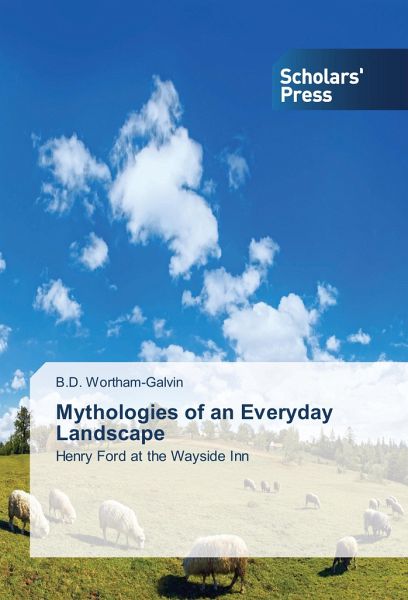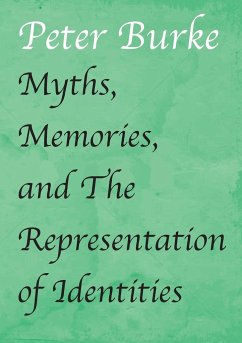
Mythologies of an Everyday Landscape
Henry Ford at the Wayside Inn
Versandkostenfrei!
Versandfertig in 6-10 Tagen
40,99 €
inkl. MwSt.

PAYBACK Punkte
20 °P sammeln!
Henry Ford purchased property in 1923 in Sudbury, Massachusetts in order to preserve an historic inn associated with the poet Henry Wadsworth Longfellow. Over the next twenty years, his mission expanded to create an idealized New England landscape and to create a way of living on the land representative of a specific American pastoral identity. This study will demonstrate that this change of intention is one which elevates a notion of (subjective) memory over that of (objective) history; thus, highlighting Ford's contentious relationship with the discipline of historic preservation at the begi...
Henry Ford purchased property in 1923 in Sudbury, Massachusetts in order to preserve an historic inn associated with the poet Henry Wadsworth Longfellow. Over the next twenty years, his mission expanded to create an idealized New England landscape and to create a way of living on the land representative of a specific American pastoral identity. This study will demonstrate that this change of intention is one which elevates a notion of (subjective) memory over that of (objective) history; thus, highlighting Ford's contentious relationship with the discipline of historic preservation at the beginning of the twentieth century. It will also show that Ford's endeavor represents not only his own private dialogue with a cultural landscape, but also is emblematic of a public engagement with the pastoral during the early twentieth century.












